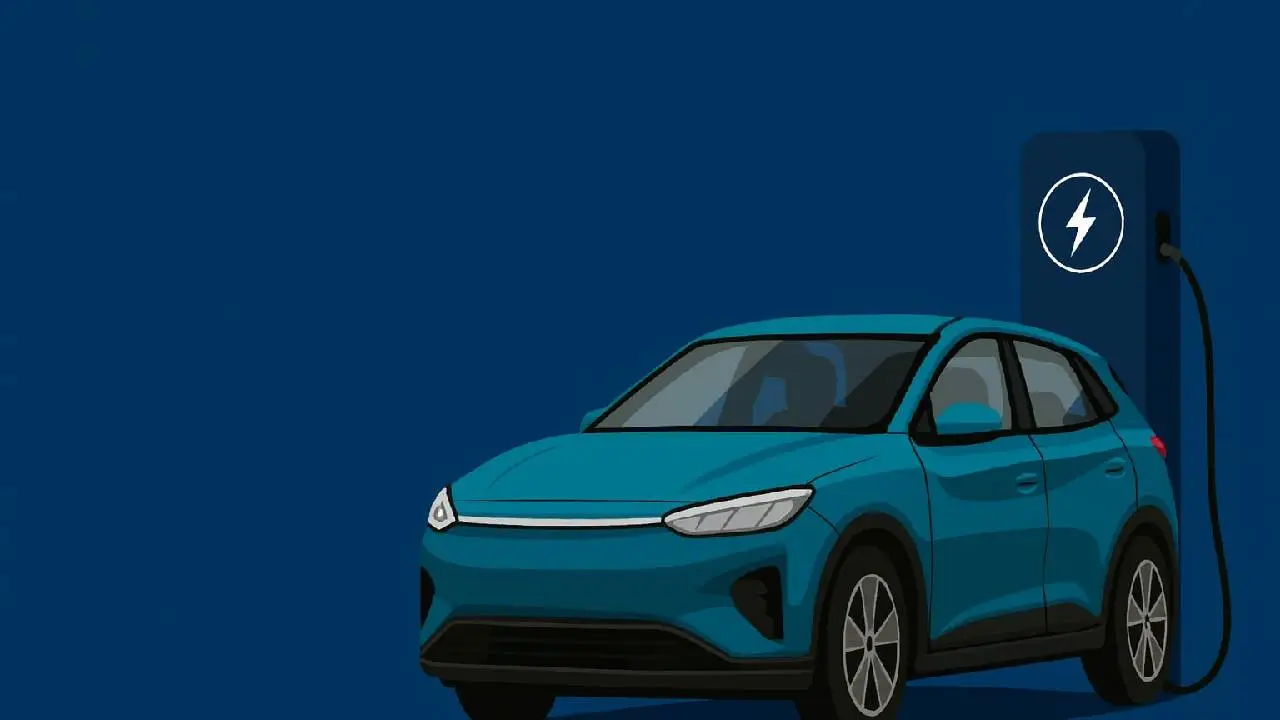
(Credit: OpenAI)
Auto News: The most important part of an electric car is its battery, and in a used EV this becomes even more critical. Always ask the seller for the battery health report to know how much charge capacity is left. A weak battery means lower mileage and higher replacement costs, which can be extremely expensive. In India, replacing an EV battery can cost almost half the price of the car itself. If the battery warranty is still valid, it adds big value to the purchase. Without this check, you could end up with a car that runs for only a few kilometers before needing charging.
Every battery has a life cycle, and how it was charged earlier decides its long-term performance. If the previous owner often used fast charging, the battery may degrade faster. Slow and regular charging is healthier for the battery in the long run. Always ask for the charging records or at least a clear explanation from the owner. Cars with frequent fast charging sessions may show reduced range after just a few years. This factor makes a big difference when you plan to drive daily and need reliable mileage.
While EVs do not have engines like petrol cars, they still have wear and tear in motors, brakes, and suspension. Check how many kilometers the car has been driven and compare with battery health to understand usage. A car with low mileage but weak battery shows poor maintenance by the owner. On the other hand, a high-mileage car with a strong battery may still be worth buying. Make sure you also test the range on road rather than depending only on the display. Actual driving will tell you the truth about performance.
Many buyers ignore the service record, but it is key to knowing the car’s life. An EV should have regular service updates for brakes, air conditioning, tyres, and software checks. Cars with missing service history may have hidden issues that will trouble you later. Always buy from a seller who can provide clear records of service and repairs. In India, authorized service centers now keep digital records, so insist on checking them. A proper service history means the car has been looked after and can run smoothly for years.
One of the smartest tips is to check if any warranty is still valid on the car. Most EVs come with battery warranties of 6 to 8 years, and if some years are still left it is a big advantage. Other parts like motor and electronics may also have extended warranties. Cars without warranty carry higher risk because repairs in EVs are costly and parts are not always available quickly. Warranty also adds trust for resale value if you plan to sell later. Always read the fine print of the warranty and confirm it is transferable to your name.
Owning an electric car is not only about the car itself but also about charging access. Before buying, check if your area has enough public charging stations or if you can install one at home. Without a reliable charging facility, even a good EV will become a headache. Second-hand EV buyers often ignore this factor and regret later when they cannot charge daily. In cities, charging stations are growing, but in small towns availability is still limited. Always include this in your decision to avoid future inconvenience.
Finally, think about the long-term value of the car you are buying. Some models have strong demand and better resale value due to trusted brands and good battery performance. Others may quickly lose value if the company has weak service support or low sales. In India, models from Tata, MG, and Hyundai show better resale trends compared to smaller brands. A car with balanced mileage, good battery, and warranty will sell faster when you upgrade later. Considering resale value ensures that your investment remains safe and profitable over time.





Copyright © 2026 Top Indian News
